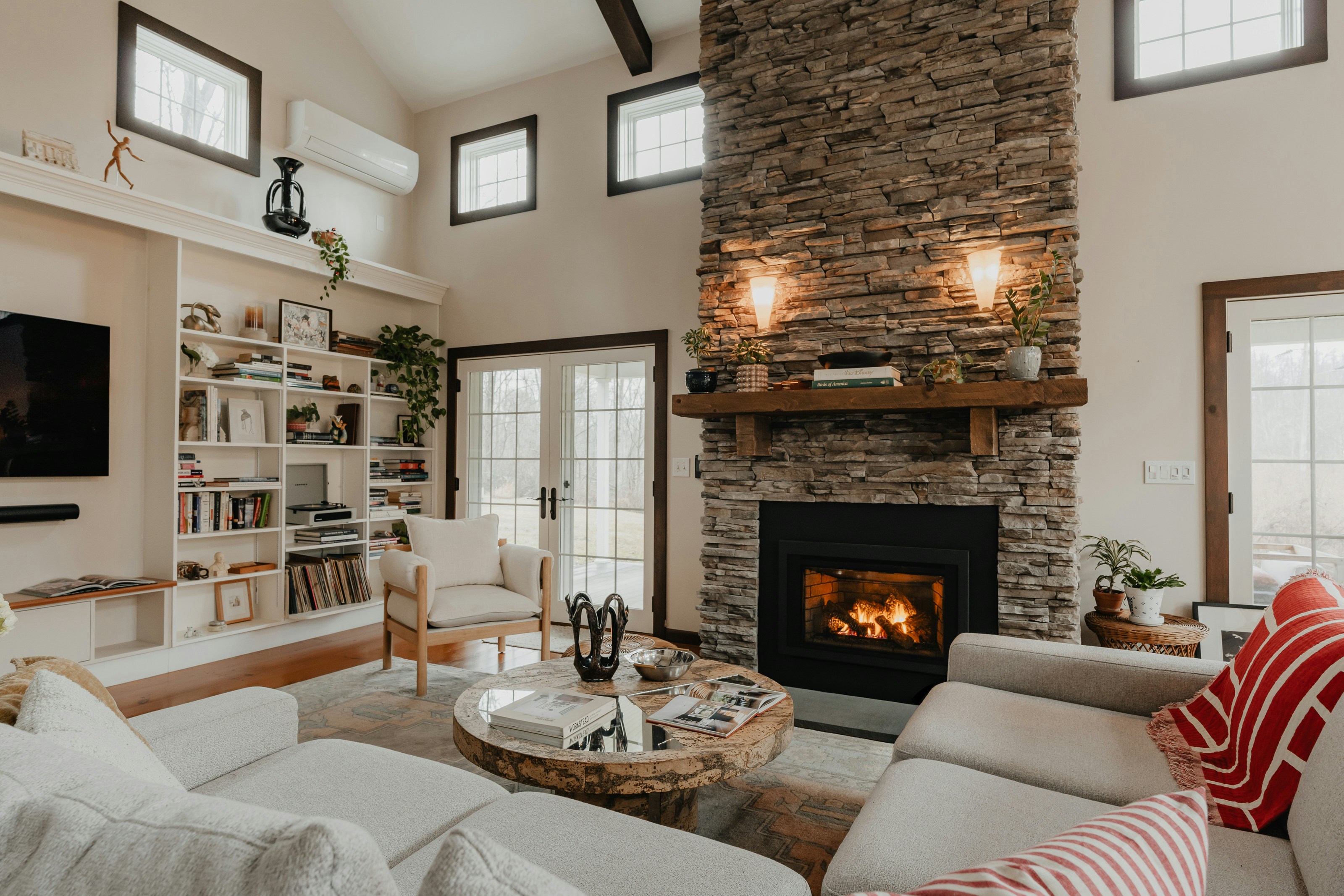 Social Media Content Packs – Stay Active Without Lifting a Finger!
Social Media Content Packs – Stay Active Without Lifting a Finger!
Legal Aspects of Commercial and Residential Property Leasing
Written by HomeGram » Updated on: June 24th, 2025

Leasing property in the UAE is not a matter of signing on the dotted line. This means knowing some legal responsibilities that protect both the landlords and the tenants. Rental agreements are ruled by anyone who is involved in the property market, particularly those involved in real estate service UAE, to make sure that transparency and fairness remains in the renting process.

No matter if you’re looking for or Residential and commercial property for rent, it is essential to understand what the legal obligations are for every lease. Knowing the legal framework, from the terms of the rental contract that you need to define, to your rights on the matter of eviction, rent increases and maintenance, can be very useful in order to prevent costly misunderstandings. This blog will introduce these critical aspects so you have the confidence and peace of mind to approach any leasing situation.
Residential vs. Commercial Leasing: The Basics
While both types of leasing involve rental agreements for property, residential and commercial leases are extremely different in terms of legal requirements, responsibilities and regulations.
Residential Leasing
Local tenancy laws govern residential leases and mainly protect the interests of the tenant and the landlord. These agreements usually cover:
• Duration of the lease (commonly one year, renewable)
• Rent amount, due dates, deposit.
• Maintenance responsibilities
• Conditions for renewal or termination
• Dispute resolution methods
For instance, in Dubai, the Real Estate Regulatory Authority (RERA), a part of Dubai Land Department, provides the framework i.e. a tenancy contract, rent cap and a dispute resolution.
Commercial Leasing
Commercial leasing is generally more complicated. These agreements often involve:
• Longer lease durations (up to 5-10 years)
• Fit-outs, signage, zoning to suit business needs
• Business licenses legal implications
• Negotiated rent escalation clauses
• Insurance, liability, and indemnity clauses
Commercial lease agreements are less regulated than residential leases, but the more flexibility in the agreement also means more legal responsibility on the part of the parties.
Legal Elements in Leasing Agreements
1. Written Lease Agreements
It is obligatory to have a written lease agreement in the UAE. It has to be registered with the relevant municipality system for example, Ejari in Dubai. The agreement should clearly outline:
• Property details
• Duration of lease
• Rent amount and payment terms
• Security deposit
• Maintenance obligations
• Termination clauses
• Renewal policies
If you don’t register a lease, you will have legal disputes and it will be hard to enforce the contract.
2. Rental Increase Regulations
In the UAE, residential properties are subject to specific legislations related to rent increases. Landlords in Dubai have to abide by the RERA Rental Index to check when and if rent can be increased. Changes should be proposed to the lease at least 90 days before the end of the lease, and tenants should be notified.
In the case of commercial properties, rent escalation is usually pre agreed in the contract and not governed by the rental index.
3. Security Deposits and Maintenance
Landlords are often required to pay a security deposit, usually 5% of the annual rent for residential or 10% for commercial. It is a refundable deposit, however, as long as the tenant fulfills all the terms of the contract and leaves the property in good condition, the deposit is refunded.
It is necessary to define responsibilities of maintenance. In most cases, landlords are responsible for major repairs and tenants are responsible for minor repairs.
Registration and Legalization
The local authorities must be notified about all the lease contracts. This is done in Dubai through Ejari, which legalizes the tenancy agreement and gives legal protection in case of disputes.
The registration process usually requires:
• A signed tenancy contract
• Emirates ID of the tenant
• Title deed or proof of ownership from the landlord
• Payment of Ejari registration fee
Ejari or equivalent registration in other Emirates is required for tenants to maintain utilities, visa applications, or legal claims.
Termination and Eviction Laws
For Residential Properties:
The contract must state clearly the termination clauses. Specifically, they can only evict tenants under the following conditions:
• Non-payment of rent
• Unauthorized subletting
• Property being sold
• The person that moves in must be either a landlord or a family member.
For Commercial Properties:
Generally, termination clauses are governed by the contract itself and are dependent on the terms negotiated. The property must comply with the zoning regulations and lease termination should not disrupt business continuity.
Dispute Resolution Mechanisms
If there is any dispute, both landlords and tenants can take the Rental Dispute Settlement Centre (RDSC) for settlement of disputes over both residential and commercial properties. Filing a complaint usually involves:
• Providing the registered tenancy contract
• Proof of violation or dispute
• Payment of dispute resolution fees
The RDSC advocates mediation, but there is no mediation where a case is unresolved and it can go to a rental court and the judgments are binding.
Tips for Tenants and Landlords
Tenants Should:
• Always read the lease agreement carefully
• Understand their rights and responsibilities
• Confirm Ejari registration
Move in and document the property condition
Landlords Should:
• Draft contracts with the use of professional legal services
• All documentation and registration should be kept up to date
• Bring Sunshine & Glamour on both Normal and Serving Ice
Conclusion:
If you are a part of the UAE property market, you should understand the legal aspects of leasing. Irrespective of whether it’s the end of single term residential agreement or long term commercial lease, knowing your legal rights and obligations can prevent disputes and easier dealings. If the agreement is very well drafted and legal advice is taken by both the landlord and the tenant, then it would protect and give peace of mind and clear path to the destination for both tenants and the landlords.
If you would be unable to peruse these legal minuets on your own, there is a source of professional Rental home management services that could prove helpful. Such services facilitate that all contracts, renewals and tenant dealings are properly and legally accomplished according to UAE laws. Being staying informed as well as using expert support when needed can help you make the best of your property investment or rental.
Note: IndiBlogHub features both user-submitted and editorial content. We do not verify third-party contributions. Read our Disclaimer and Privacy Policyfor details.
Copyright © 2019-2025 IndiBlogHub.com. All rights reserved. Hosted on DigitalOcean for fast, reliable performance.












